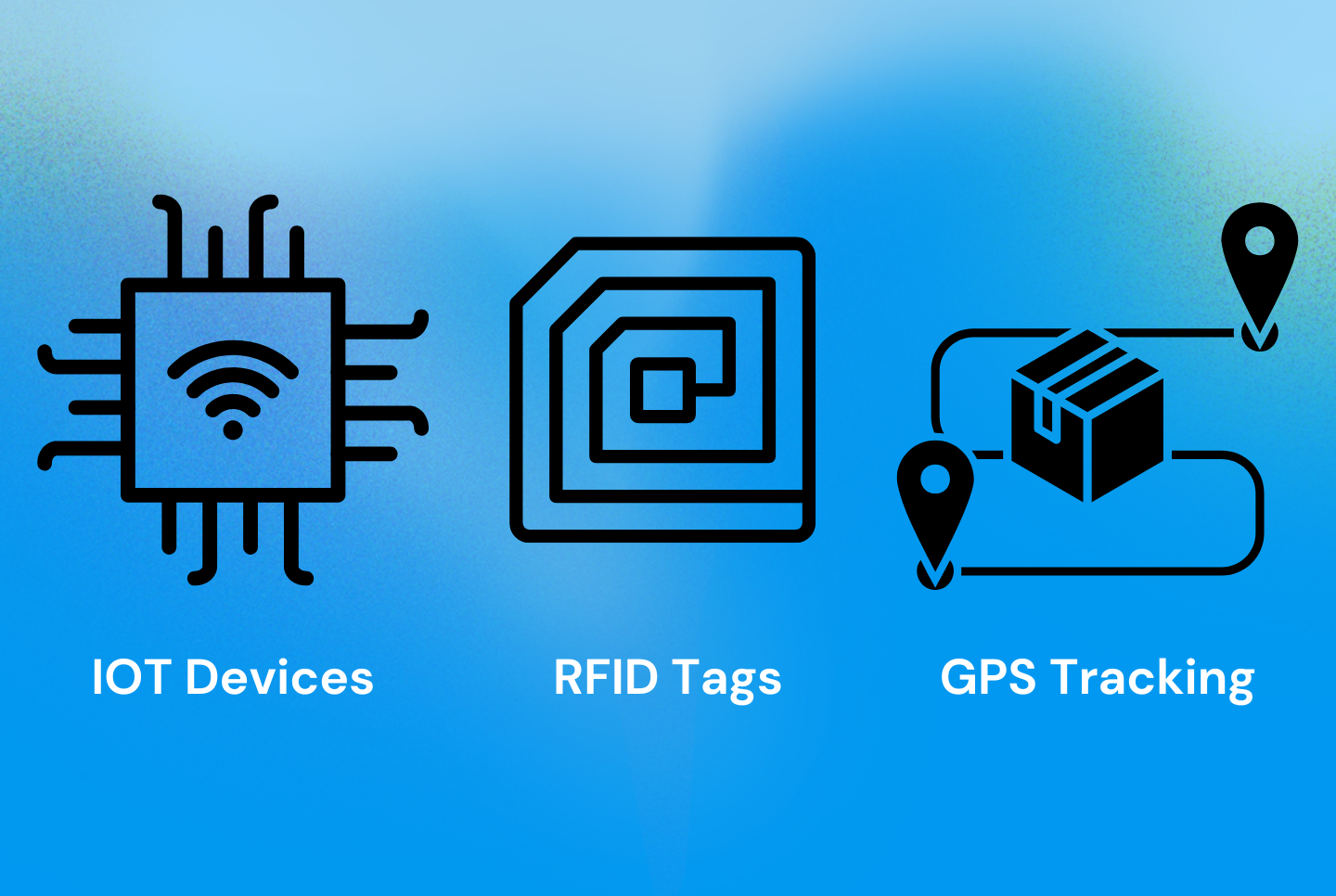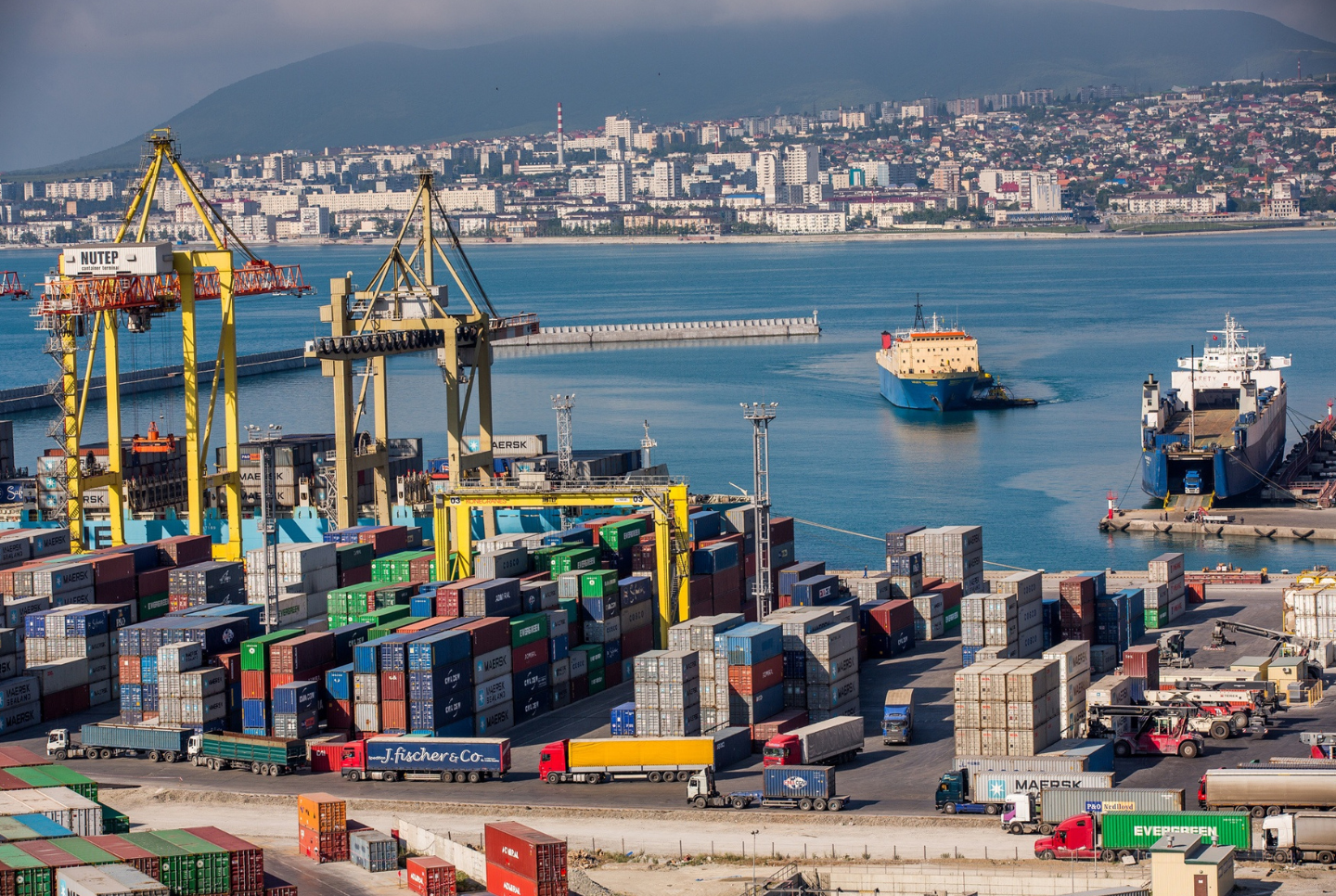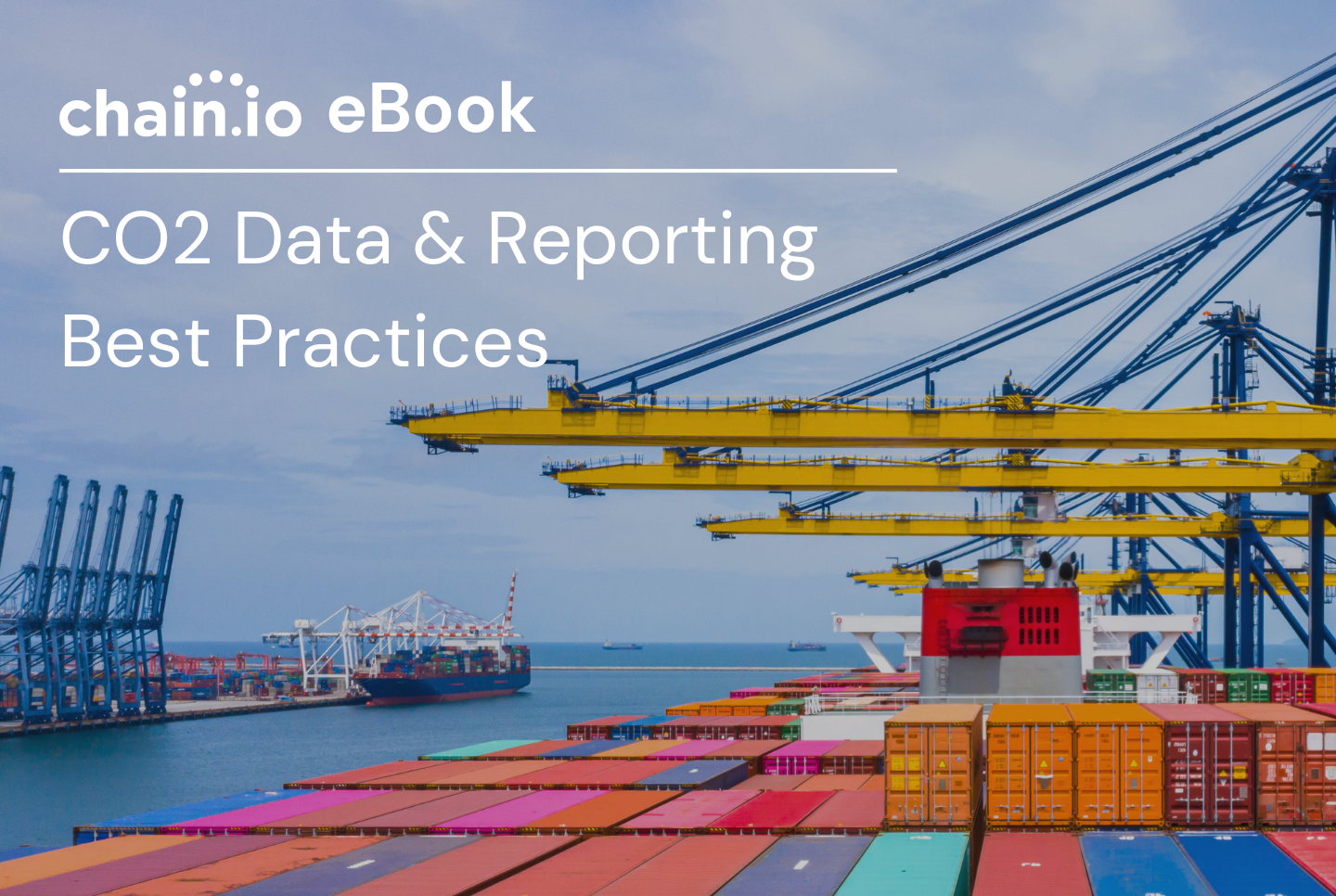
Managing a supply chain is no small feat. You're juggling relationships with multiple logistics partners, navigating a maze of different regulations, and always pushing for better efficiency.
On top of all that, customers are demanding quicker, more transparent, and cost-effective delivery solutions. It's a lot to handle, and the pressure is always on to deliver.
In response to these challenges, the shipping industry is undergoing a significant digital transformation, driven by the need for enhanced data access and better decision-making capabilities.
Data access and digital tools are not just facilitating smoother operations; they are reshaping the entire landscape of the shipping industry. Real-time data analytics, for instance, empower shippers to make informed decisions swiftly, optimizing routes, managing inventory proactively, and predicting market trends with greater accuracy. This level of data-driven decision-making is crucial for staying competitive in a rapidly changing global market.
Data-Driven Decision Making
The Role of Data in Modern Shipping
As businesses scale and operations become globally intertwined, the reliance on accurate, timely data has never been more critical. Real-time data enables your company to quickly respond to market changes, logistical challenges, and customer demands. It empowers shippers to optimize processes, reduce costs, and enhance overall service quality, better positioning your company for growth.
For example, with real-time access to ASN or milestone data, your team can go beyond tracking shipments and be prepared to proactively respond to future disruptions. Moreover, leveraging data analytics helps to predict trends, manage inventory more effectively, and create strategies that align with actual market conditions.
Tools and Technologies for Data Collection and Analysis

To harness the power of data, the adoption of modern technologies like IoT devices, RFID tags, and GPS tracking is accelerating. These tools provide a continuous stream of data that feeds into analytical systems, offering insights that were once impossible to gather.
- IOT Devices: Embedded in cargo containers and warehouses, IoT sensors provide real-time information on the condition and location of goods. This data is crucial for maintaining the quality of sensitive shipments and optimizing the logistics routes.
- RFID Tags: Used extensively in inventory management, RFID tags automate the tracking process, reducing manual errors and increasing operational efficiency.
- GPS Tracking: Fundamental in fleet management, GPS tracking allows logistics providers to gain instant data on vehicle locations, helping optimize routes and reduce delays.
Once you have a good grasp on booking, moving, clearing, and delivering your freight, you can move onto using data for more advanced insights. Advancements in AI and machine learning have paved the way for sophisticated analytical tools that can predict, learn, and advise based on the data received.
- Forecasting Demand: Machine learning models analyze historical data trends to predict future demand for goods. This insight allows shippers to adjust their inventory levels, reducing holding costs and minimizing the risk of stockouts.
- Route Optimization: AI algorithms can assess multiple variables like traffic patterns, weather conditions, and delivery schedules to suggest the most efficient routes for shipment. This not only saves time but also reduces fuel consumption and CO2 emissions, aligning with greener logistics practices.

Collaborative Data Sharing
The success of your business hinges not just on what you do with your internal data, but on how seamlessly you can connect and collaborate with your 3PLs, 4PLs, suppliers, and other partners across your supply chain. Data sharing with all of these providers gives your team the information they need to operate more proactively.
Platforms and Protocols for Secure Data Exchange
To ensure that this data sharing is both secure and efficient, it’s essential to leverage the right platforms. Cloud-based and blockchain solutions are two ways to manage this exchange.
- Cloud-Based Solutions: These platforms, like Chain.io, are vital for enabling real-time data exchange across global operations. With cloud services, you can ensure that your data is accessible anytime, anywhere, which is vital for maintaining the pace and flexibility that today's markets demand.
- Blockchain Technology:. By creating a decentralized ledger that records all transactions between parties, blockchain ensures that data once entered is immutable and traceable. For you, this means a secure, verifiable record of every item’s journey through the supply chain.
Before sharing any data, it’s important to understand how you'll navigate the off-boarding process, if and when the need arises. You’ll want to ensure you remain in control of your data and configurations if you need to pivot to a new solution.
Have an Exit StrategyFrom Data to Decisions
The future of logistics and the supply chain industry is digital, with data at the core of every company’s operations, every transaction, and every relationship.
Leveraging real-time data allows you to swiftly adapt to changes, enhance operational efficiency, and make informed decisions that significantly impact your bottom line. It enables proactive rather than reactive management. Sharing data with 3PLs, 4PLs, suppliers, and clients not only enhances operational visibility but also improves the coordination across your entire supply chain.
Take some time to evaluate your current data accessibility, across your organization and with your service providers. Are your current systems providing the level of insight and flexibility that your team needs to manage your supply chain? If not, set up some time with our team to explore how we can help.
About Chain.io
At Chain.io, we move the data that moves your freight. Our platform is purpose built to connect any system, enhancing your data transparency and driving efficiency, all while reducing manual processes and silos across your organization. Explore our platform and solutions to learn more.
Chain.io PlatformChain.io Solutions


